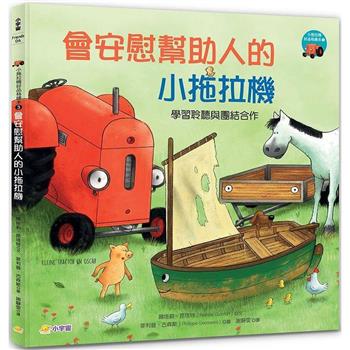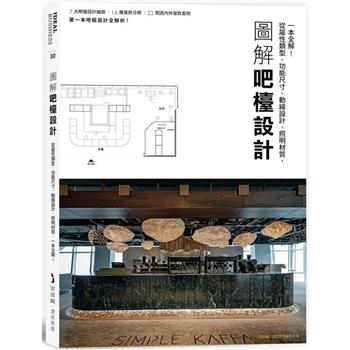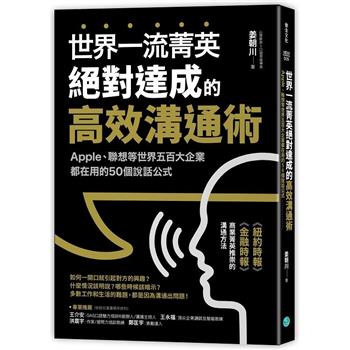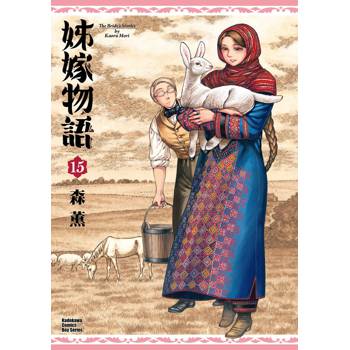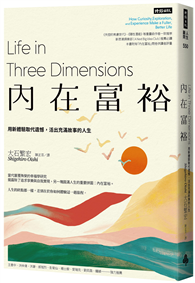Umar Kayam (1932-2002) was himself one of those who in the years of transition from colonialism to independence passed through stages of that schooling he wrote about in this novel; albeit, his father being a teacher, he could recall and describe that experience from a more fortunate perspective than that of most village children, afforded scant education, if any. Following school, and a graduate of Gadjah Mada University (1955), he was among the first groups of Indonesians to be given the opportunity of studying in the U.S., during the reorientation away from Dutch-based instruction occurring after 1953, in line with a tacit U.S.-Indonesian policy of creating a new, modernizing Indonesian elite. The period of two decades after that saw hundreds of young Indonesians immersing in the social sciences at various American universities. Among them, Kayam extended his education at the University of New York, where he received an M.A. (1963), and at Cornell University, gaining there a Ph.D. in Rural Sociology (1965). Within a few years after his return to Indonesia he was occupying leading managerial positions in a wide array of public entities: Director General of Radio, Television, and Film in the Ministry of Information, Chairman of the National Film Council, Chairman of the Jakarta Arts Council, Member of the Jakarta Academy, and Member of the MPRS (the People’s Consultative Assembly). His academic titles included Director of the Social Studies Training Centre at Hasanuddin University, Lecturer at the University of Indonesia, and Senior Professor in the Faculty of Letters at Gadjah Mada University. Incredibly in what must have been an exhausting public life, he produced his classic ’Para Priyayi’, as well as other novels, books of essays, a number of short stories, and critical works on Indonesian arts and culture, gaining a reputation for literature and commentaries grounded in a genuine knowledge of his subjects.
| FindBook |
有 1 項符合
Gentry: Social Change in Java: the Tale of a Family的圖書 |
 |
Gentry: Social Change in Java: the Tale of a Family 作者:Kayam、Uma / 譯者:Zhukov,Vladislav 出版社:Vladislav V Zhukov 出版日期:2014-12-28 語言:英文 規格:平裝 / 270頁 / 22.86 x 15.24 x 1.45 cm / 普通級 / 初版 |
| 圖書館借閱 |
| 國家圖書館 | 全國圖書書目資訊網 | 國立公共資訊圖書館 | 電子書服務平台 | MetaCat 跨館整合查詢 |
| 臺北市立圖書館 | 新北市立圖書館 | 基隆市公共圖書館 | 桃園市立圖書館 | 新竹縣公共圖書館 |
| 苗栗縣立圖書館 | 臺中市立圖書館 | 彰化縣公共圖書館 | 南投縣文化局 | 雲林縣公共圖書館 |
| 嘉義縣圖書館 | 臺南市立圖書館 | 高雄市立圖書館 | 屏東縣公共圖書館 | 宜蘭縣公共圖書館 |
| 花蓮縣文化局 | 臺東縣文化處 |
|
|
圖書介紹 - 資料來源:博客來 評分:
圖書名稱:Gentry: Social Change in Java: the Tale of a Family
|

